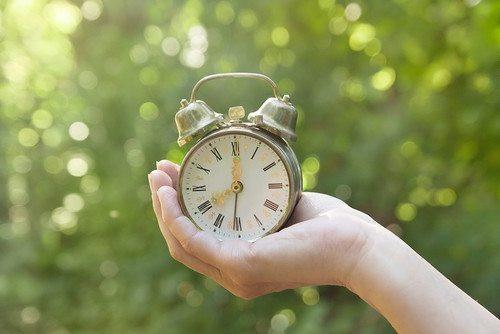For centuries women have used a variety of herbal remedies to help manage symptoms of menopause, a time where major hormonal upheaval can wreak havoc on the mind and body. Natural formulas for menopause relief often contain sage, red clover, wild yam and adaptogens like schisandra and Siberian ginseng to address both the underlying issue of oestrogen control and its effects on the adrenal glands and the brain during menopause.
Wild Yam for Oestrogen Support
Wild yam is traditionally used for relief of a variety of menopausal symptoms such as hot flashes, vaginal dryness, low energy and mood, and even osteoporosis. In fact, the tubers of the Dioscerea species contain a substance called diosgenin that is used in the manufacture of progesterone and other steroid sex hormones like oestrogens, corticosteroids and oral contraceptives. Diosgenin from wild yam itself does not appear to be converted into progesterone in the human body but yam does appear to have an oestrogenic effect, enhancing estradiol binding to oestrogen receptors and inducing transcription activity in oestrogen-responsive cells (Eagon et al., 2000). This means that it may help modulate the way the body uses oestrogen even when it is in short supply after menopause. Studies have shown that postmenopausal women who eat at least 390grams of wild yam a day for 30 days (in place of a staple food such as rice) have significant increases in blood levels of oestrone, sex hormone binding globulin, and estradiol (Wu et al., 2005). Better control of hormone levels can help minimise menopausal symptoms, but yam is not the only natural health product able to affect oestrogen.
Sage and Red Clover – Help with Hot Flashes and Cognitive Symptoms of Menopause
Sage is another popular herbal remedy for menopause, specifically for hot flashes and night sweats. This is because sage has a drying effect on the body, and was even shown in one study to decrease the number of hot flashes by about 40% per day, as well as to reduce their intensity (Bommer, et al., 2011). Red clover has also enjoyed a long history of use for helping women manage symptoms of menopause, with the benefits of this plant thought connected to its isoflavone content. Genistein and biochanin A appear to be instrumental in relieving hot flashes and taking an 80mg red clover extract daily for three months was found to be effective at reducing menopause-related anxiety and depression, compared to placebo (Tice et al., 2003, Lipovasc et al., 2010).
Energy, Memory and Mood During Menopause
Schisandra and Siberian ginseng are also popular options for helping cope with plummeting energy levels and reduced resilience in the face of stress during menopause. These herbs are adaptogens, meaning that they can help the body to cope better with the effects of physical and emotional stress. Taking schisandra every day has been found to help improve concentration, coordination, and endurance (Upton, 1999), while preliminary evidence suggests Siberian ginseng might improve memory and feelings of well-being in middle-aged people (Winther et al., 1997).
Natural Alternatives to HRT
With so much research confirming the potential side effects of hormone replacement therapy (HRT) for menopause, it's no wonder that many women are exploring herbal products traditionally used during this time of change. Of course, making sure to have a consistently healthy diet, employing effective stress management techniques, and adopting healthy lifestyle habits like regular exercise, socialisation and quitting smoking are also key elements in any formula for natural menopause relief.
References
Bommer, S., et al., (2011). First time proof of sage's tolerability and efficacy in menopausal women with hot flushes. Adv Ther, 28:490-500. Eagon, P.K., et al., (2000). Medicinal herbs: modulation of estrogen action. Era of Hope Mtg, Dept Defense; Breast Cancer Res Prog, Atlanta, GA 2000;Jun 8-11. Lipovac, et al., (2010). Improvement of postmenopausal depressive and anxiety symptoms after treatment with isoflavones derived from red clover extracts. Maturitas, 65:258-61. Tice, J.A., et al., (2003). Phytoestrogen supplements for the treatment of hot flashes: the Isoflavone Clover Extract (ICE) study: a randomized controlled trial. JAMA, 290:207-14. Upton ,R., ed., (1999). Schisandra Berry: Analytical, quality control, and therapeutic monograph. Santa Cruz, CA: American Herbal Pharmacopoeia, 1-25. Winther, K., et al. (1997). Russian root (Siberian ginseng) improves cognitive functions in middle-aged people, whereas Ginkgo biloba seems effective only in the elderly. J Neurological Sci, 150:S90. Wu, W.H., et al., (2005). Estrogenic effect of yam ingestion in healthy postmenopausal women. J Am Coll Nutr, 24:235-43.


